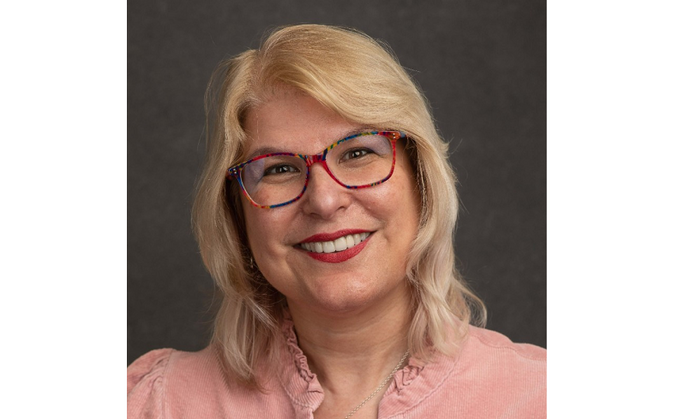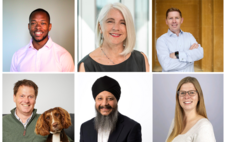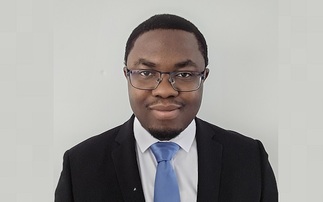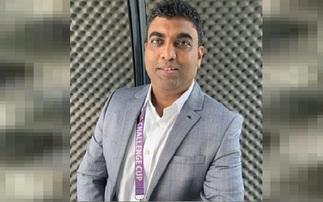
Part of the IT Leaders 100 - a list of the most influential IT leaders in the UK
Alison is an experienced CIO in the life sciences industry, currently working for GE Healthcare. She has also held positions at DuPont Pharmaceuticals, Bristol-Myers Squibb, the Francis Crick Institute and spent five years in related work in the public sector, working for the Medicines and Healthcare products Regulatory Agency (MHRA).
Alison took a break from her work at GE Healthcare in 2020 to join the Natural History Museum as CIO, leading the rollout of key new technologies as the organisation updated and futureproofed its systems. She rejoined GE in March this year.
How do you ensure diversity is taken into account in your IT recruitment?
GE Healthcare has a strong focus on diversity and inclusion. We have regular D&I agenda topics at meetings and various active groups - for example, a strong women's network - across the organisation. Men and women performing similar work are paid within 1% of each other within each of the GE businesses.
My team is global so we are made up of diverse nationalities, but there is still work to do, particularly in terms of representation of women in senior roles. As a leadership team this is an active discussion topic and metric that we track.
Our GE Talent Acquisition team support us in recruitment. One of the things they do is to share stories publicly on our website to illustrate how we embrace diversity and to encourage applications from a variety of candidates.
I also think it is important to be aware of roles that may suit a diverse approach. For example, at a previous organisation I was responsible for an Information Processing function, which required a lot of focused individual screen work and attention to detail. We had a high proportion of deaf staff in this team, who were very effective in these roles.
Which technology are you currently most excited by?
I tend to get more excited about the application of technology than specific technologies themselves. There are opportunities in my working life to do that in ways that enable us to benefit patient outcomes and it is hugely exciting and rewarding to implement any technology change that has a tangible outcome.
However, I can't ignore the broader view of the world in which those patients, and all of us, are living. Our planet is in crisis, so any technologies that can be applied to enable us to reverse the trend are not just exciting, but critical for future generations. In that context, one example of a technology that excites me now is not IT, but the potential of what we can develop from an understanding of plastic-eating bacteria.
What do you to unwind?
Relaxing with my family, particularly watching rugby (I'm a fan of Saracens and currently chair of their Supporters' Association), listening to live rock music, or going to the theatre (I love musicals and Shakespeare).
If you were an animal (other than human), which animal would you be and why?
I like the idea of being a wolf - collaborative and social, but strong in defending my 'pack', whether that is team, organisation, or family.
What makes you laugh?
So many things!! My dog (a nutty labradoodle) doing daft stuff is probably top of the list.
How did you get into IT?
I am actually a graduate chemist (from way back…!) and started my career working in R&D at Glaxo. However, although I wasn't on the computational side of chemistry at all - my interest was synthesising new molecules - I was interested in IT and had the advantage of having been able to take a Computer Science module in the second year of my degree. So, I deliberately chose to work for a large corporate, knowing there would be broader opportunities. This is something that I would encourage other graduates to do, it's great to keep your options open! When Glaxo set up an IT helpdesk for the first time (this was pre-PC and we were still doing everything on green screen terminals), I had the chance to move from being the "local lab expert" to working as part of the helpdesk team of two (with a book for logging calls!) - and things went from there…
Through my career, I have continued to work for science-based organisations, so I've had the best of both worlds. Being able to keep in touch with the science that still fascinates me, as well as working in a discipline that I enjoy. I also like to think that having been a scientist, I can still appreciate the impact of IT from the end-user perspective.






















